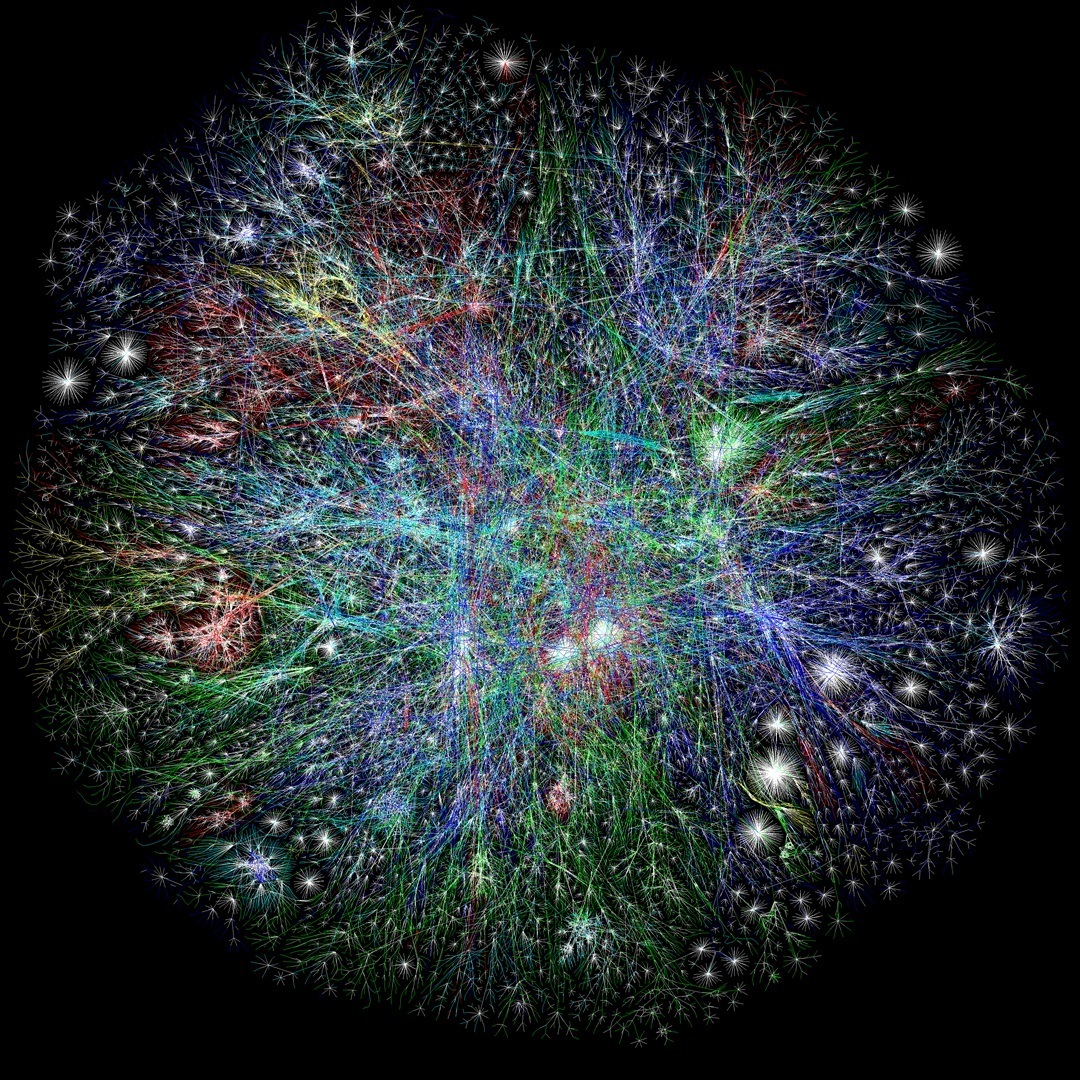In the face of all the uncertainties of large infrastructures such as the Internet and the power grid, Carli wonders just how dependent we are on these networks, and how vulnerable we may be when these now, essential parts of our living suddenly fails. Callista thinks there is a lacking of definitions of the terms (e.g. neutrality) we often debate in symposiums, which lead to massive confusion. And suggests that we need to define our terms before launching into discussions. I totally agree with her on that.
And last but definitely not least, Marcus urges us to think about where we are headed in terms of technology, and how this may affect what kind of future we have. He mentions that all these technologies are in our hands, some use it to bring change into the world, others to “impose peace” on others. However, further on, he takes on a much more technological-deterministic point of view: saying that technology makes our lives easier but also ‘endangering’ us. There are some great questions raised by Marcus, but I think we also ought to review the way we speak about technology, as it very much reflects our state of mind. We sometimes say ‘technology does this’ without even meaning to be tech determinist, but it slips into the way we talk because we are not consciously choosing to not be determined by it. By acknowledging not only the power we have to change this attitude in the future, but also the social factors and our intentions that have influenced history as well as technology has, we will start to speak less of what technology did but rather how has it contributed and affected us in return.
Marcus’ post brings up a really thought provoking question: we can choose to use technology for the better, for peace even. But can we create or invent technology with the same motivation? Most of what is available to us today began as technologies invented and used as national defense, “war prevention”. Maybe its time our major technological advances are created with more peaceful intent – with the greater good in mind or to advance our species civilization or contribute to how we can progress as a species instead of as a country.



